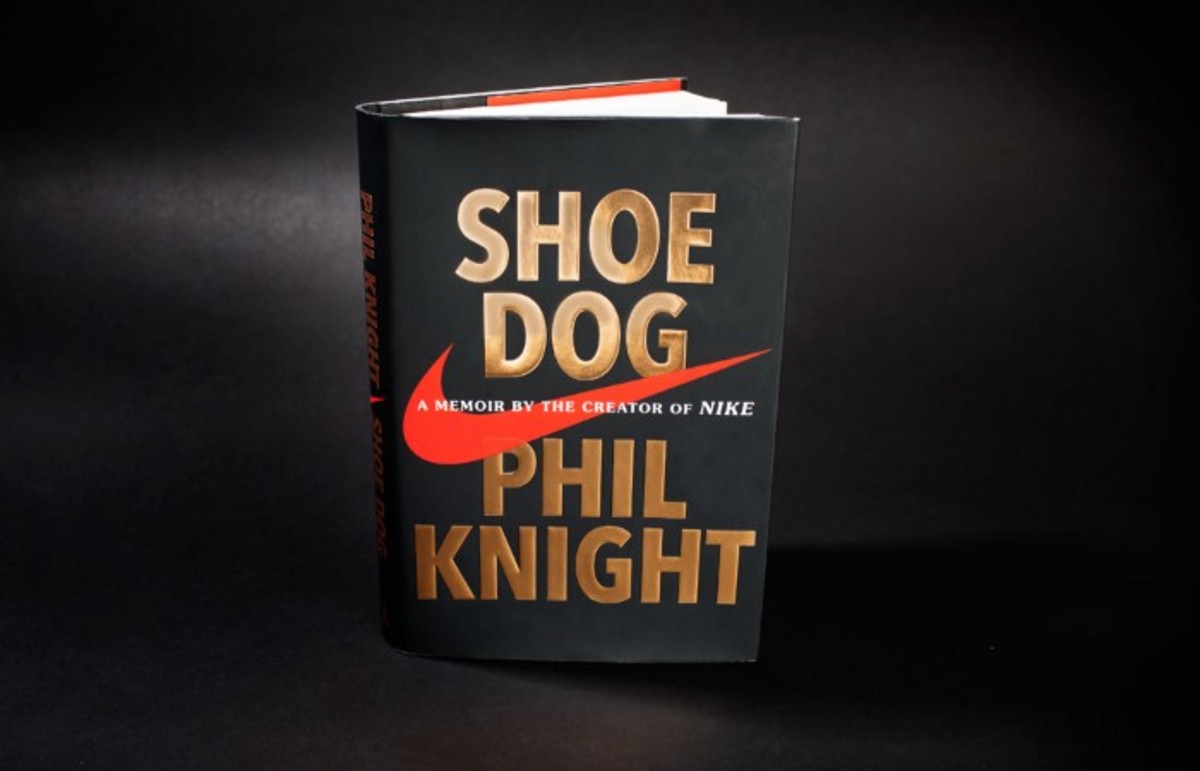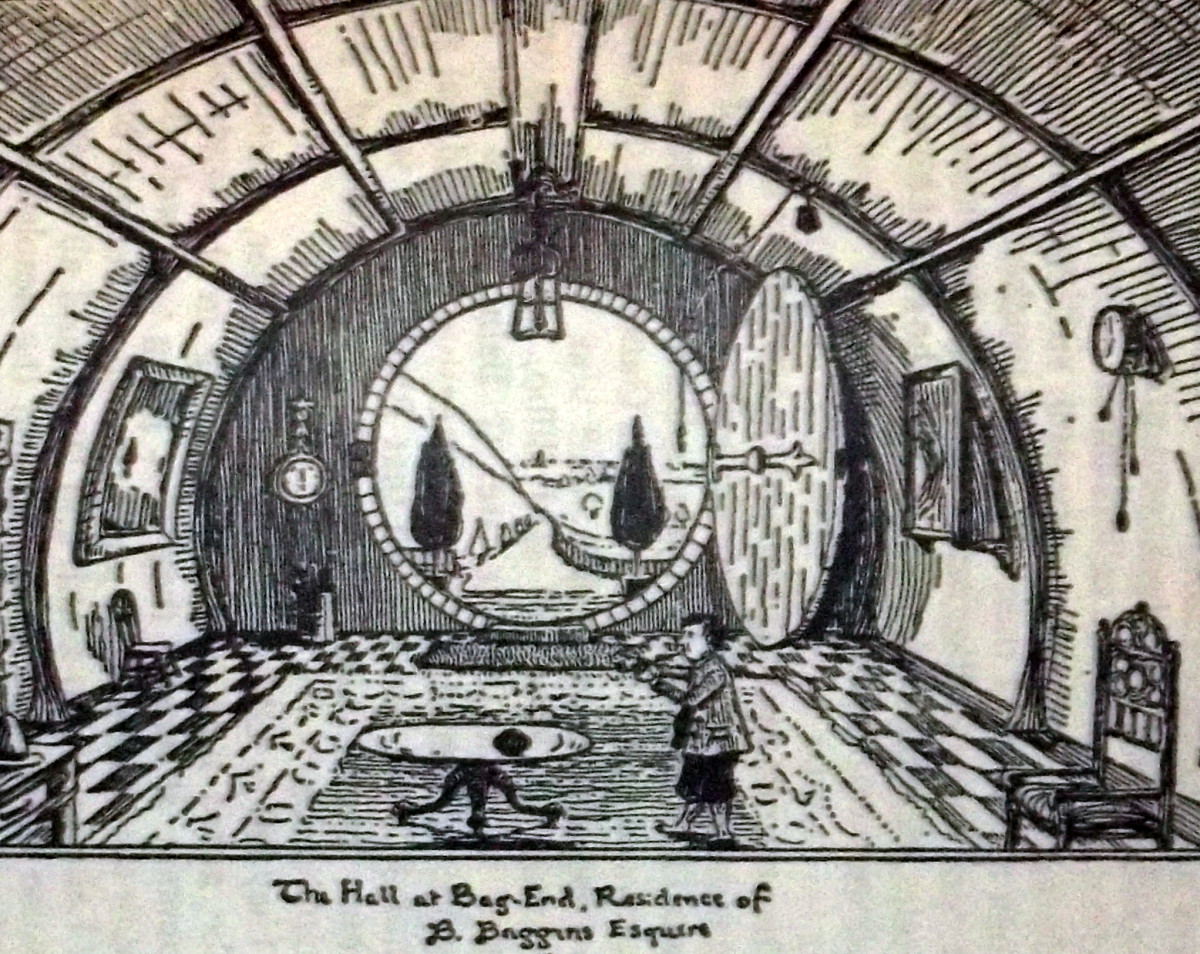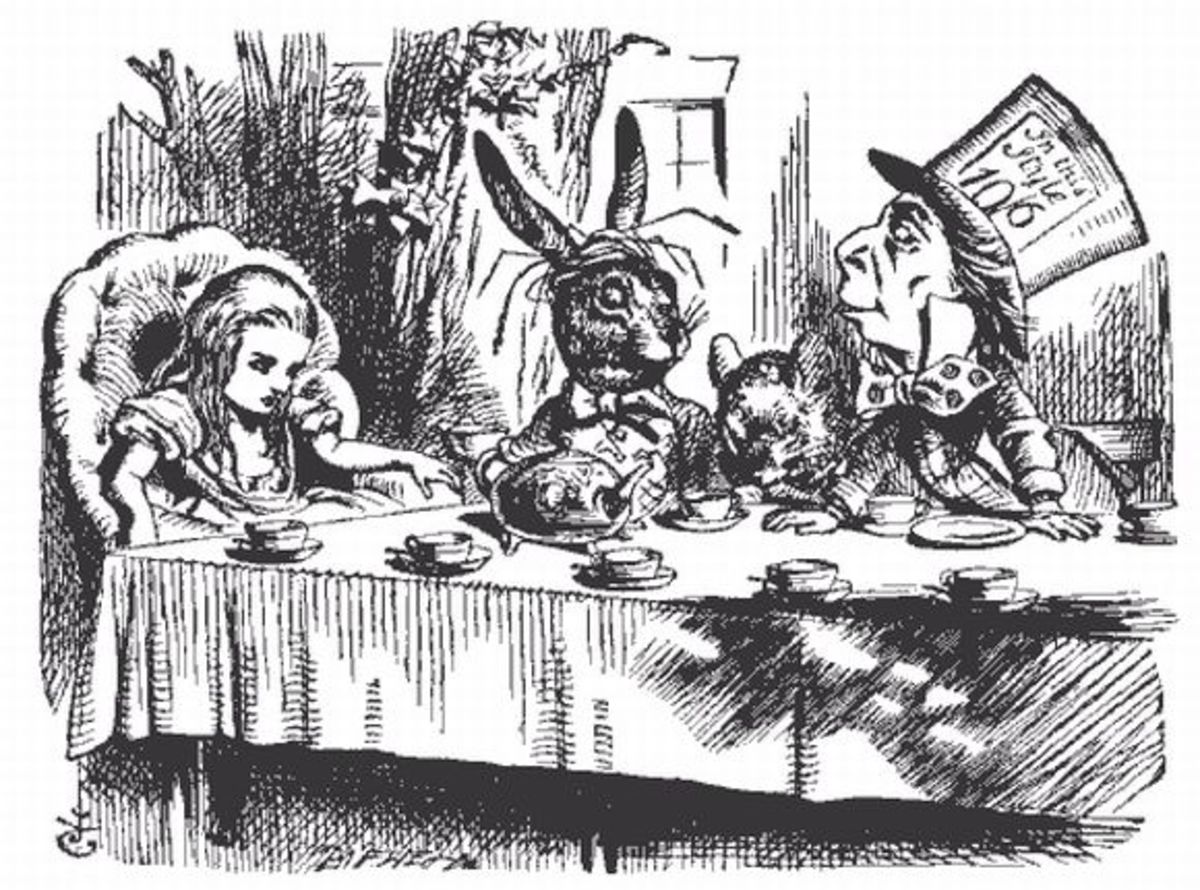Best-Selling Novels of the 1970s

In the 1970s the world was changing. All right, that's a no-brainer. The world changes every decade. But in the late 1960s there was a cultural explosion, and in the 1970s the fallout was manifested profoundly in the field of literature. Some of the old, traditional authors of the previous decade are still on the list, but new stars arose as well. Let's take a look. This list's source is Publisher's Weekly.
1970: Love Story by Erich Segal
One thing that was true back then about this tear-jerker is probably still true: you either love it or hate it. It's the story of a Harvard jock and a Radcliffe music major who seem to have little in common but fall deeply in love. And then... If you are one of the few people who have not either read the book, seen the film, or heard about it, I won't spoil the ending. Suffice it to say that you will need plenty of tissues, if you love it, and if you don't, well, just pass it along to someone else, and odds are they will.
1971: Wheels by Arthur Hailey
In the 60s Hailey hit the top of the list with "Airport", and here he's back with his take on the automobile industry. It's an insider's look at various facets of a major industry, full of major and minor characters. Later in the decade it became a TV miniseries with Rock Hudson and Lee Remick. It is little-read today and has gone out of print.
1972 and 1973: Jonathan Livingston Seagull by Richard Bach
This book was a terrific phenomenon back in the 70s, as evidenced by the fact that it topped the bestseller lists for two years in a row. It's a slim little volume illustrated with many photos of gulls in flight. The actual text takes less than an hour to read. It's a metaphysical allegory, of course, but as many readers as it has – and there are many millions – there are that many interpretations as well. The basic premise is that though most gulls are only concerned with the daily struggle for food, Jonathan loves flight for its own sake, and soars far above the petty routine into spiritual fulfillment. It is one of the best-selling books of all time and is still widely read today.
1974: Centennial by James A. Michener
This book was timed to be published just before America's bicentennial celebrations. It's mainly about the pioneering of the American West, but in typical Michener style it begins in prehistory and through a series of stories set in the same general locale carries on up to the present. It was a huge hit when it was first released, and inspired a popular TV miniseries that aired in the late 70s and is now available on DVD.
1975: Ragtime by E. L. Doctorow
This novel was not only a bestseller but was acclaimed as a literary masterpiece. It takes place mainly in New York from the early 1900s up until the first World War. Many of the most famous people of the era are introduced as characters, such as Harry Houdini, JP Morgan, Henry Ford, Emma Goldman, Sigmund Freud, Carl Jung, and many others. The narrative blends such a strange mix of reality and fantasy that it not only won the National Book Critics Circle Award for fiction but was nominated for a Nebula Award by the Science Fiction Writers of America as well. The author has gone on to write several other well-received, award-winning novels, and is today considered one of America's great literary writers.
1976: Trinity by Leon Uris
This is a long, detailed novel about the Irish struggle for independence. It chronicles the lives of several families but focuses on a Catholic named Conor, who is determined to do something about the oppression his people face at the hands of the Protestants. It's a gripping, emotional work that sweeps the reader up into its characters' lives in late nineteenth and early twentieth century Ireland.
1977: The Silmarillion by J.R.R. Tolkien and Christopher Tolkien
This book is a compilation of five previously unrelated works which J.R.R. Tolkien presented to his publisher as a sequel to "The Hobbit". It was rejected, however, and Tolkien instead wrote "The Lord of the Rings" as his sequel. Several years after his death, his son Christopher undertook the task of editing and completing "The Simarillion". Though it received mixed reviews due to its more somber tone, it became a bestseller due to the success of "The Hobbit" and "The Lord of the Rings" and the overwhelming demand for more material on Middle Earth. Fans of the series appreciated the fact that this volume fills in much background material only hinted at in the other books.
1978: Chesapeake by James A. Michener
This is another Michener blockbuster, this time focusing on the Chesapeake Bay area in New England. It begins in the 1500s and moves forward into the modern era, each section dealing with a different facet of the area's history. As in most of Michener's works, he uses fictional characters to deal with actual historical events.
1979: The Matarese Circle by Robert Ludlum
This is an espionage thriller about two spies, one with the CIA and one with the KGB, who are intent on murdering each other but then must work together to stop a powerful conspiracy by a secret society called the Matarese. It's by the author of the Bourne series, made famous by the recent films. Many readers say, though, that this book surpasses the Bourne books in excellence. A film adaptation with major stars is now in the works.














